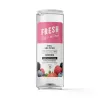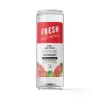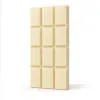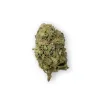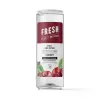With the cannabinoid market in full bloom and scientists discovering new cannabis-based compounds relatively frequently, it may be getting a little hard to keep up with the latest cannabis-related findings. THCB, for example, was discovered only a few years ago and, although not much is known about the cannabinoid, that hasn’t deterred cannabis users from trying (and loving) it.
But what exactly is THCB? What are its benefits and risks? And how does it compare to other, more popular cannabinoids like delta 9, delta 8, delta 10, and CBD?
What is THCB?
Delta-9-tetrahydrocannabutol, or THCB, is a cannabinoid similar to THC, the most abundant psychoactive cannabinoid in hemp and marijuana plants. The compound was discovered in 2019 by a team of Italian scientists along with THCP, THCH, and some other “new” cannabinoids never before found.
According to the research team that discovered the compound, THCB interacts with the endocannabinoid system similarly to THC, mainly affecting the CB1 and CB2 receptors in the brain. Additionally, they also found that THCB has a stronger binding affinity with CB1 receptors than THC, which is theorized to be a result of the compound’s butyl side chain.
Although the compound was just recently discovered, some small animal tests have been conducted on the compound, which show promising results that seem to be similar to THC’s impact on the human body. Studies observed decreased pain, slowed reaction times, and deeper sleep, as well as potential anti-inflammatory and analgesic properties.
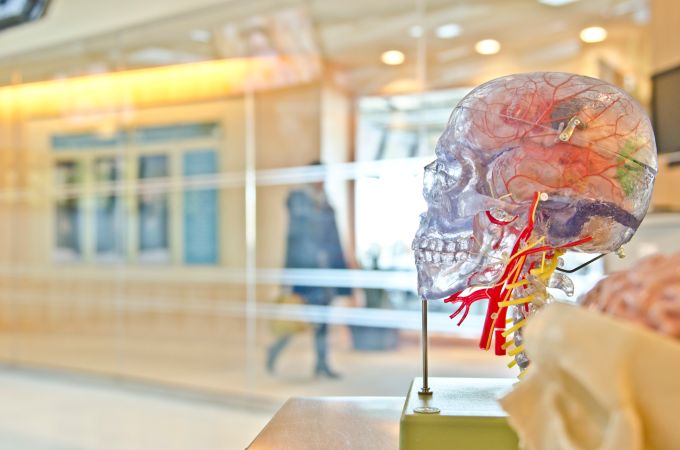
How Strong is THCB?
Although there isn't much information on this new and exciting compound yet, THCB is thought to have strikingly similar effects to regular THC, but with one key difference: added potency. As mentioned above, THCB has a butyl side chain instead of a pentyl side chain, which gives it a higher binding affinity for cannabinoid receptors, making the compound’s effects much more potent than THC’s. In fact, THCB is estimated to have roughly the same strength as THCP, a compound around 30x stronger than regular delta 9!
Does THCB Show Up on a Drug Test?
Because there isn't a lot of research on THCB out there just yet, it’s difficult to say for certain whether the compound will trigger a positive drug test. That said, as a rule of thumb, anything a cannabinoid has “THC” in its name, you can assume that it puts you at risk of failing a drug test.
All THC-based cannabinoids are metabolized by an enzyme known as THC-COOH, which is what standard drug tests seek to identify whether a person has used cannabis or not. Because THCB is so much more potent than delta 9, there’s also good reason to believe that it’s more likely to fail a drug test than delta 9.
If your employer catches you by surprise and you know you haven’t used marijuana, only THCB, you can try explaining your situation and the compound’s legality. They may be open to a retest, but more specific tests that are able to identify compounds more accurately are more expensive and time-consuming, so if you know you’ve got a drug test coming up, it’s best to stay away from THCB for a few weeks.
How Long Does THCB Stay in Your System?
Again, because there isn't enough information regarding this cannabinoid, we don’t yet know exactly how long it stays in the system. Due to its proximity to delta 9, however, we can assume that the compound can be found at least five to seven days after the last consumption for moderate users, ten to fifteen days for daily users, and upwards of a month for heavy, long-term users.
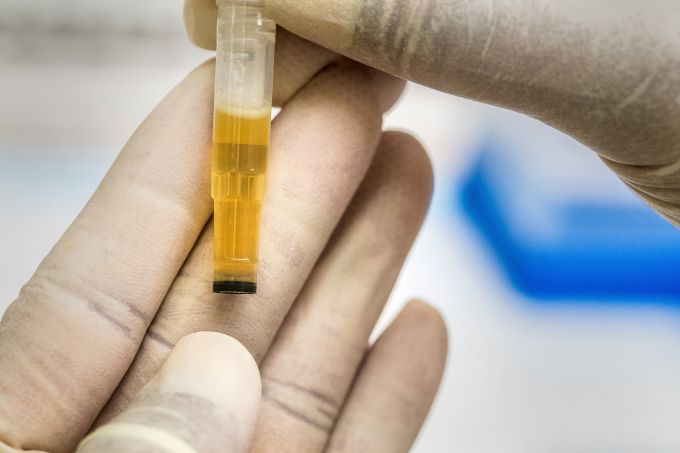
How is THCB Made?
THCB exists naturally in the cannabis plant; however, because it only occurs in trace amounts, the compound is usually synthesized from another cannabinoid in order to produce bigger, usable amounts.
THCB is most prominently derived from hemp-based cannabinoids like CBD in a process known as isomerization. Because all cannabinoids are derived from cannabigerolic acid (CBGA), sometimes known as the “mother cannabinoid,” they all have similar molecular structures. Isomerization simply consists of rearranging the molecular structure in one compound in order to form a new one.
Is THCB Safe?
With a lack of research, users should exercise a healthy amount of caution when using THCB. Because it is thought to be similar to delta 9 but more psychoactive, it likely has a similar safety profile to the psychoactive cannabinoid. Although not thought to cause any serious long-term effects, consuming too much may lead you to experience unwanted side effects like dizziness, dry mouth, or lethargy.
When ingesting THCB, be sure to start low and give your body time to adjust and react to the cannabinoid. Remember, it’s extremely potent, so even if you’re well-versed in THC, you may still want to be cautious about how much THCB you take. You can always take more, but once you go over the limit, there’s no going back. You’ll just have to ride out the unpleasantries.
Is THCB Legal?
The Farm Bill of 2018 made hemp and hemp derivatives legal in the United States on the federal level. Also known as the Agriculture Improvement Act, this bill declares that all hemp derivatives can be sold legally throughout the US as long as they are tested to prove they contain 0.3% THC or less. This makes THCB federally legal, but it’s not as simple as that.
A handful of states have banned or heavily restricted intoxicating hemp derivatives despite the federal government’s stance on the issue. These states include:
- Alaska
- Arizona
- Arkansas
- Colorado
- Delaware
- Hawaii
- Idaho
- Iowa
- Mississippi
- Montana
- Nevada
- New York
- North Dakota
- Oregon
- Rhode Island
- Utah
- Vermont
- Washington State
Farm bill may be big win for hemp-based product manufacturers
So, if you live in one of these states, you cannot legally purchase THCB products in person or online. This means that any reputable cannabinoid source will not ship to these states.
THCB Compared to Different Popular Cannabinoids
THCB is certainly a compound to look out for in the near future. With effects similar to those of delta 9 but much more potency, this cannabinoid has the potential to become a new favorite among cannabis users. When it comes to comparing THCB to better-known cannabinoids like delta 8, delta 9, and delta 10, the most important difference is that THCB has a butyl side chain instead of a pentyl side chain, which makes the compound lightyears stronger than all of these other psychoactive cannabinoids.
Let’s take a closer look at how THCB compares to some of the most popular cannabinoids on the market today.
THCB vs Delta 9
Delta 9 and THCB have similar chemical structures that make them strikingly alike, but the small dissimilarities between the two make all the difference. As previously mentioned, THCB is thought to have around the same psychoactive strength as THCP, which is estimated to be around 30x stronger than regular THC.
Other than that, delta 9’s effects include:
- Insomnia relief
- Appetite stimulation
- Anxiety management
- Anti-inflammatory properties
- Analgesic properties
- Relaxation
- Euphoria
THCB vs Delta 8
Delta 8’s psychoactive potency is estimated to be around half as strong as delta 9, so its strength cannot even be compared to THCB’s. Delta 8 is known to offer an indica-like high that leaves you feeling relaxed, soothed, and sedated. If you’re looking for a little psychoactive kick with a lot of chill, this is the compound for you.
Its main benefits include:
- Relaxation
- Pain relief
- Appetite stimulation
- Better sleep
- Anxiety relief
- Digestive support
THCB vs Delta 10
Delta 10 is even milder than delta 8, making it the weakest psychoactive compound on this list. In the same way that delta 8 acts like indica, delta 10 acts like a sativa strain. This means that the compound is perfect to use during the daytime, especially when a busy schedule is involved. It promotes creativity, focus, and energy, making it the perfect candidate to help you blast through your to-do list while giving you a mild psychoactive kick.
Delta 10’s main effects include:
- Stress relief
- Relaxation
- Uplifting properties
- Euphoria
- Increased focus and creativity
- Energy boosts
THCB vs CBD
CBD is perhaps the most different compound to THCB on this list. As opposed to delta 8, delta 9, and delta 10, CBD is non-psychoactive, meaning it will not get you high at all. CBD is beloved in wellness circles for its many benefits and has been used by humans for generations. The compound gives you a boost that, although non-psychoactive, still promotes many of the same effects as psychoactive compounds.
These include:
- Anti-stress
- Muscle relaxant
- Anti-nausea
- Sleep regulation
- Analgesic
- Inflammation relief
The compound is even known to be effective against rare cases of epilepsy that don’t respond to traditional medical approaches. In fact, in 2018, Epidiolex, the first drug comprised of CBD, was approved to treat rare and severe forms of epilepsy.
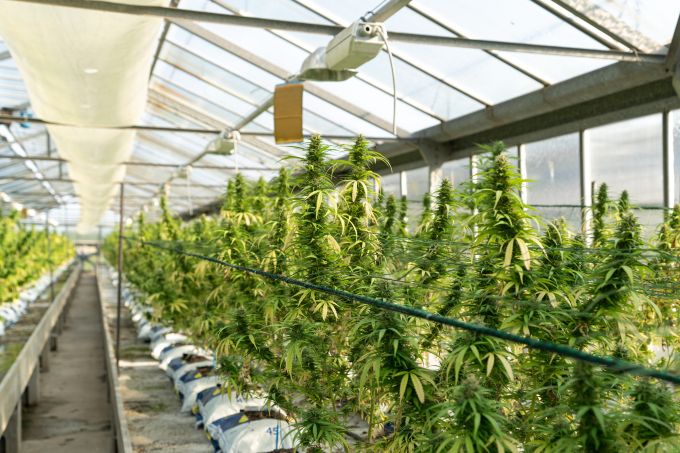
Final Thoughts
While relatively new, THCB certainly has the potential to become a market giant in the coming years. With effects like deeper sleep, anti-inflammation, and pain relief—all of which are similar to the effects of delta 9—and a gargantuan potency, THCB seems to be the perfect candidate for those wishing to catch a buzz unlike any other.


